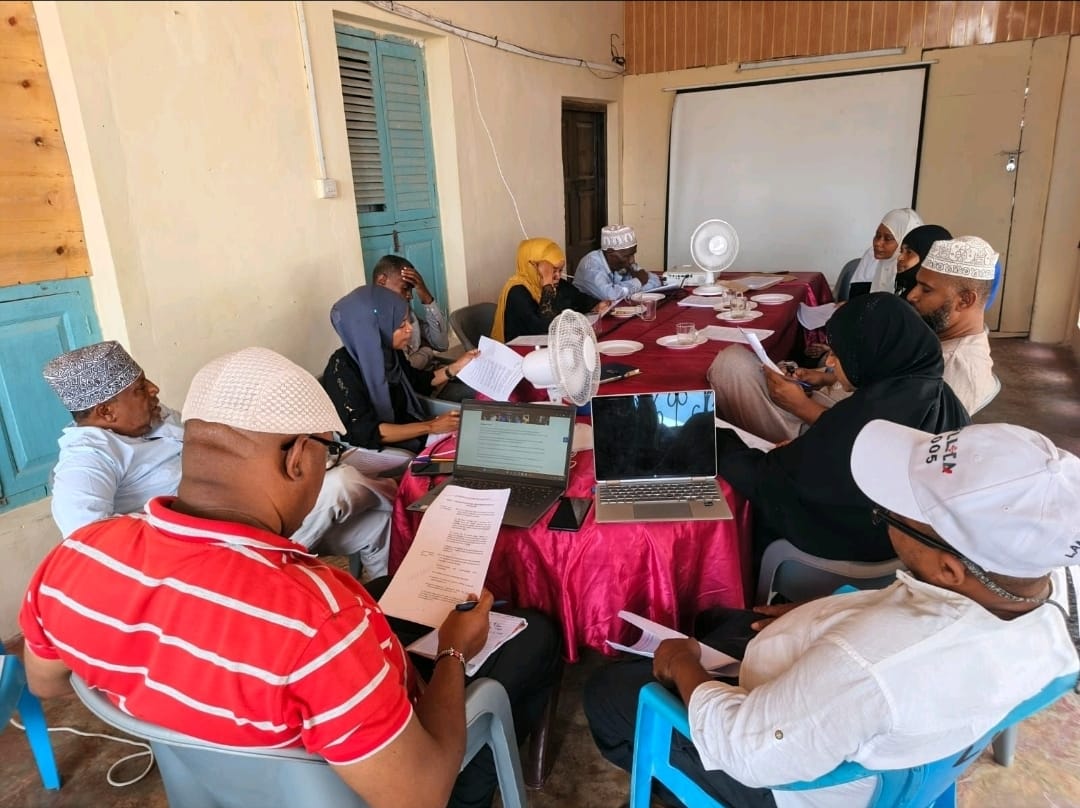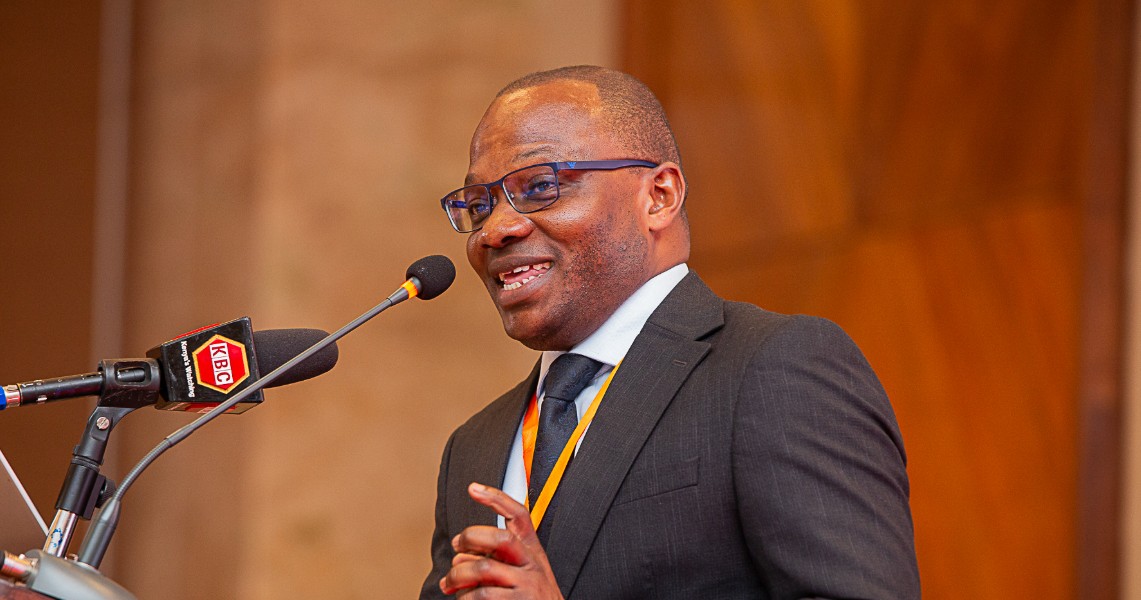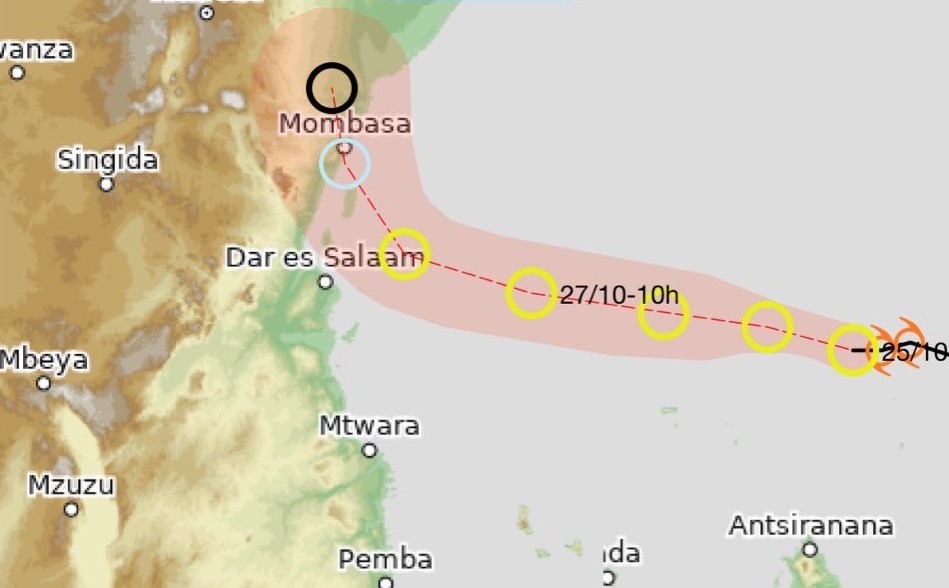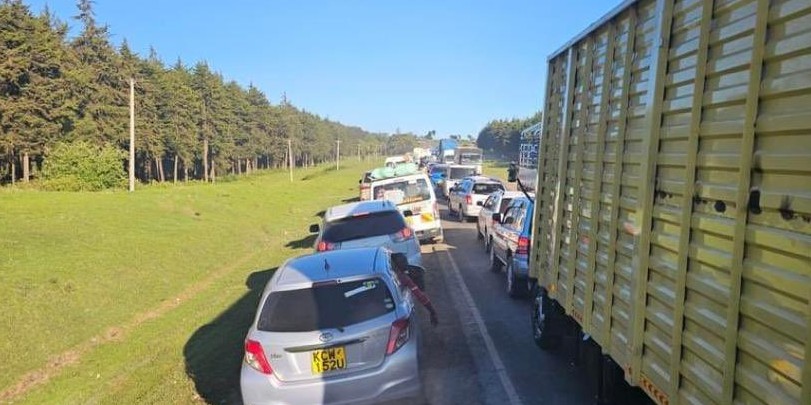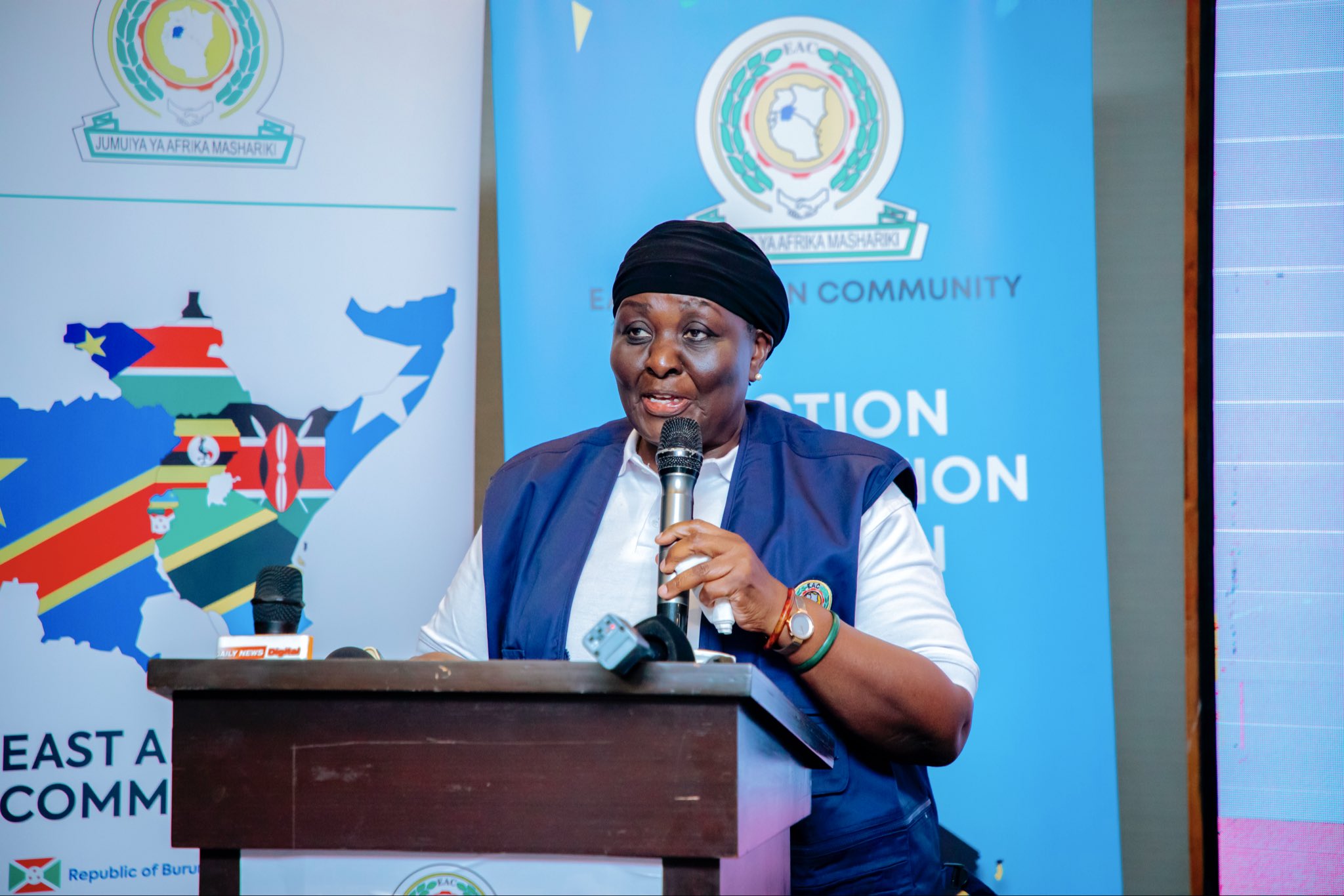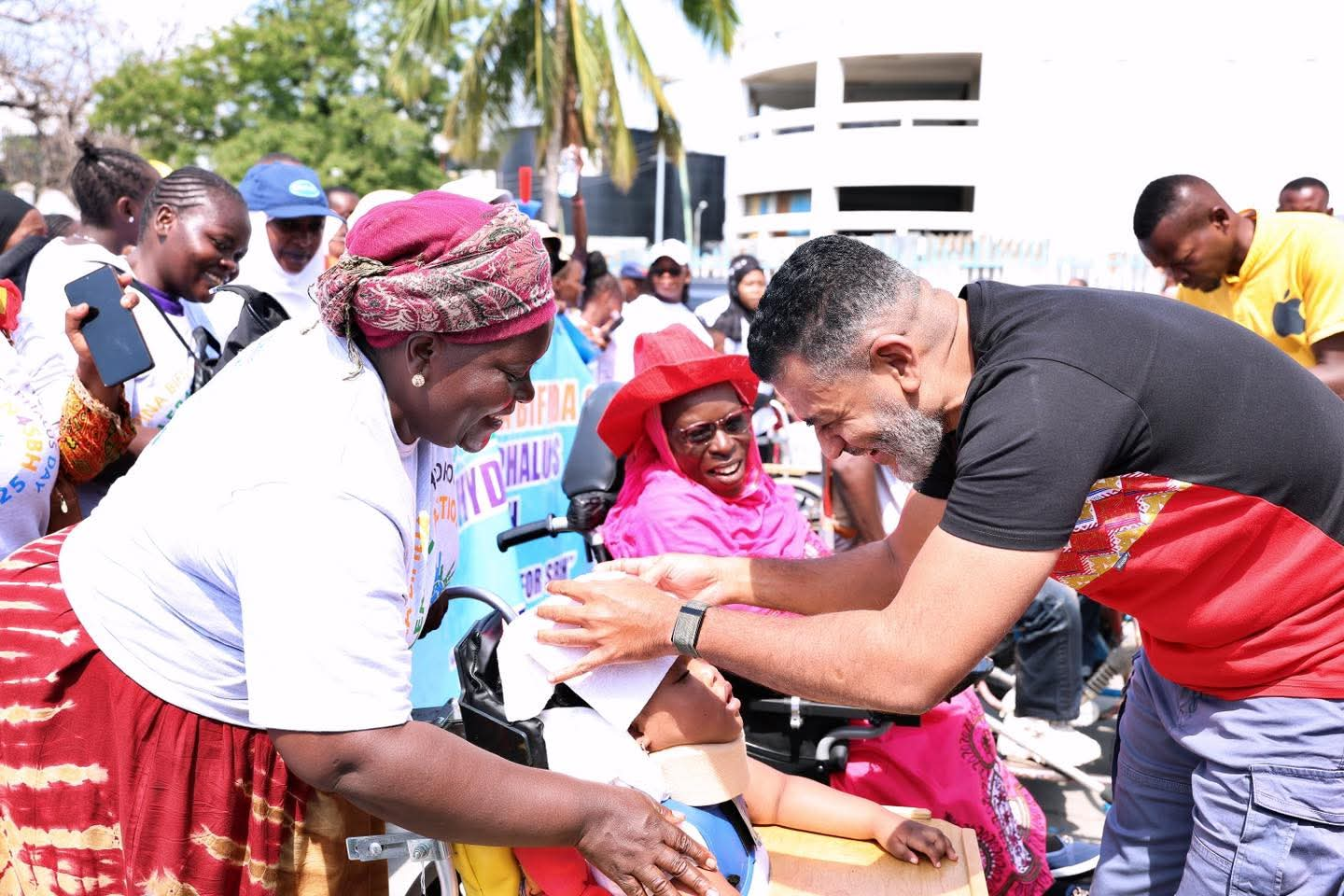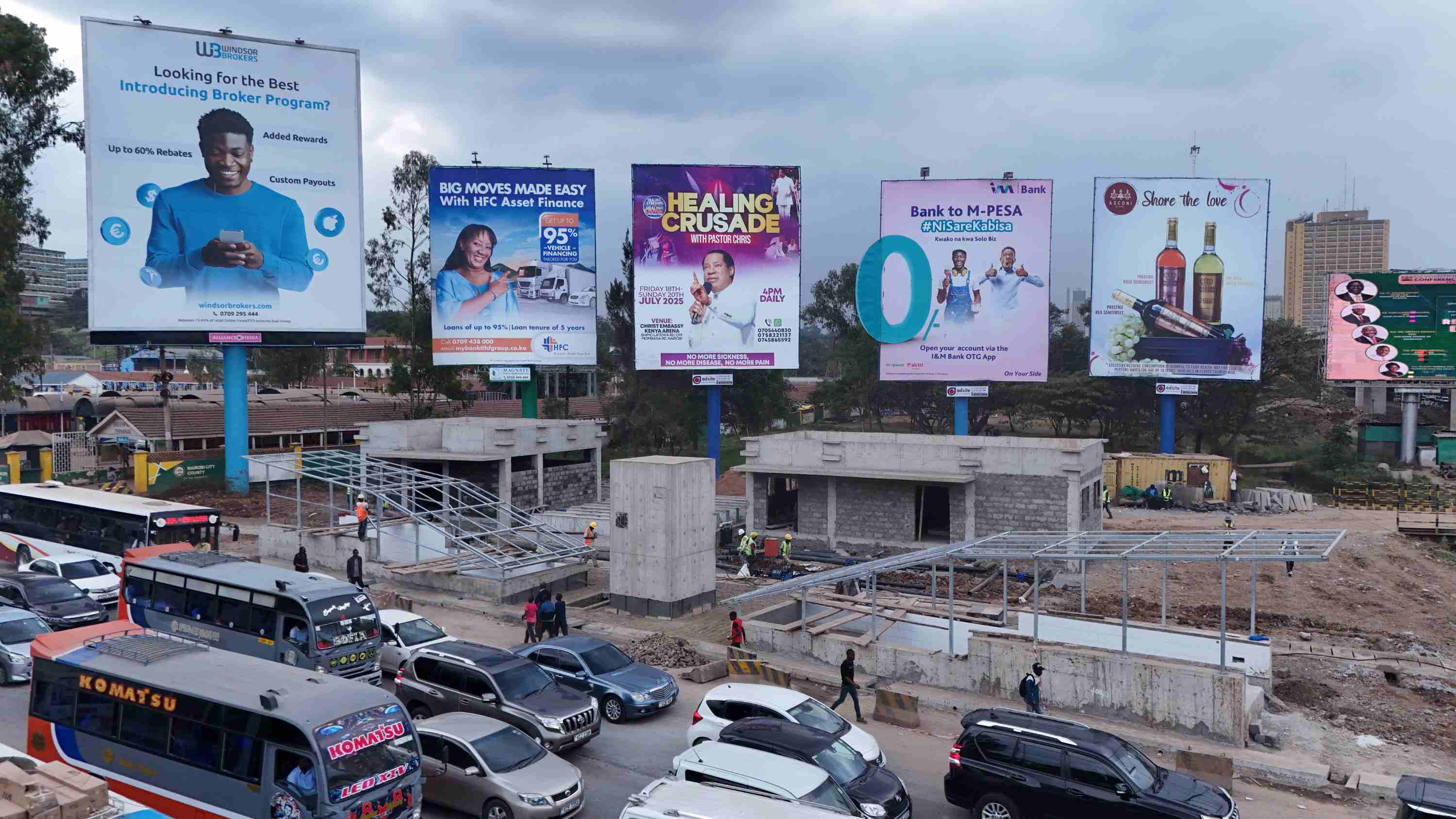The ‘food heroes’ cultivating global change
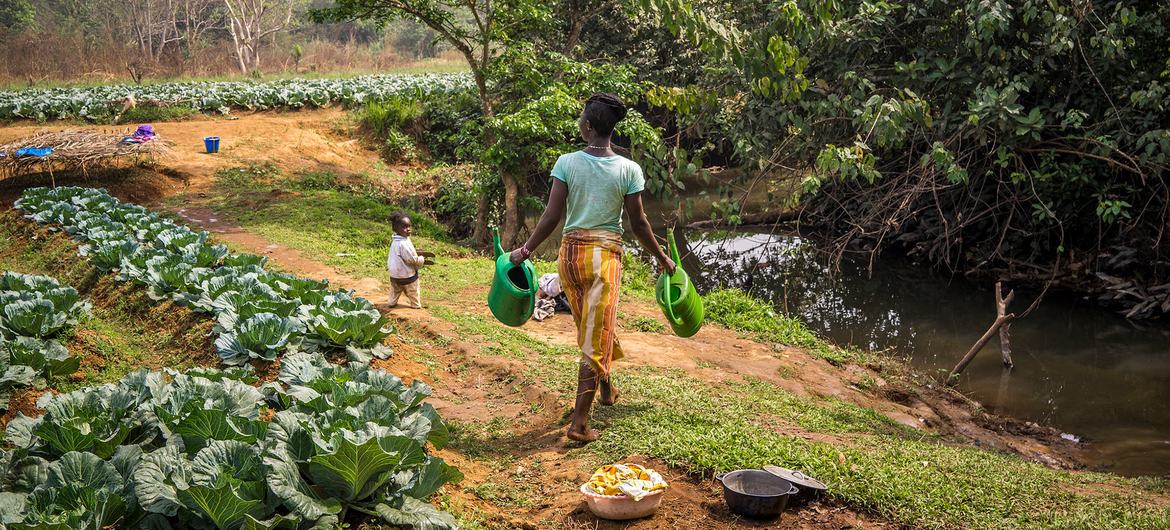
Ahead of World Food Day, marked annually on October 16, their stories reflect a global movement toward healthier, more equitable agrifood systems.
People around the world who are transforming food systems in their local communities are being recognised and supported by the UN’s Food and Agriculture Organisation (FAO).
Ahead of World Food Day, marked annually on October 16, their stories reflect a global movement toward healthier, more equitable agrifood systems.
More To Read
- Isiolo County unveils 10-year land use plan to curb insecurity and human–wildlife conflict
- Madagascar revokes former President Andry Rajoelina’s citizenship
- FAO warns of declining youth jobs in agrifood systems despite global demand
- Madagascar seeks Interpol red notice for ex-President Andry Rajoelina's ally linked to Boeing deal with Iran
- Madagascar’s Gen Z condemn military ruler’s appointment of new prime minister
- Madagascar coup leader Michael Randrianirina sworn in as president after Rajoelina’s ouster
Madagascar: Rasoaniaviana Clarette
“From the zucchini harvest, I obtained 50 kg. I sold half to pay for my children’s schooling and used the other half to improve our diet at home.”
In Mizilo, southeast Madagascar, Rasoaniaviana Clarette has emerged as a transformative leader. Once a homemaker, she now heads a women-led Farmer Field School tackling child malnutrition through climate-resilient farming.
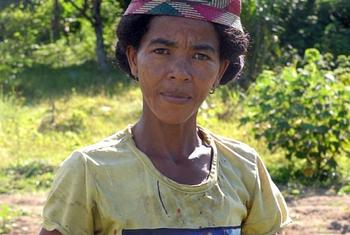 Rasoaniaviana Clarette from Madagascar. (FAO)
Rasoaniaviana Clarette from Madagascar. (FAO)
She and 24 women have adopted modern techniques to grow nutritious crops like moringa and pumpkin, boosting yields, diversifying diets, and strengthening food security. Her leadership is inspiring hope and resilience in a region long plagued by hunger and poor nutrition.
Kyrgyzstan: Mederbek Mirzayev
“Nothing used to grow here because there was no water, but we drilled a well, set up irrigation, and now the land is fruitful again.”
In Kyrgyzstan’s Batken region, Mederbek Mirzayev is reviving the cultivation of grapevines on abandoned Soviet-era farmland. In 2025, he rallied villagers to plant grapes and apricots. Despite initial scepticism, the cooperative now cultivates two hectares and plans to expand.
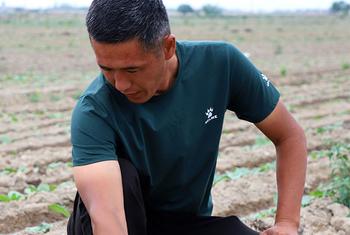 Mederbek Mirzayev from Kyrgyzstan. (FAO)
Mederbek Mirzayev from Kyrgyzstan. (FAO)
Their success is inspiring others to reclaim unused land, boosting organic farming and community resilience in a region once deemed unfarmable.
Mauritania: Fatima Mohammed Zayed Al-Muslimin
“The camel is among the finest animals we have. In the era of nomadic journeys, they were used to carry heavy loads and endured thirst and hardships that other animals could not withstand.”
In Mauritania’s arid Boutidouma village, camel milk—known as laban—is a nutritional lifeline. Fatima Mohammed Zayed Al-Muslimin, mother of five and founder of the Tidouma Cooperative, has revolutionised local dairy production.
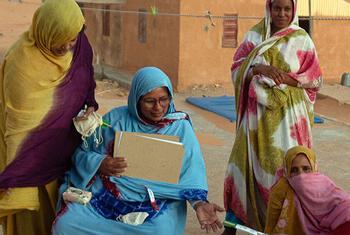 Fatima Mohammed Zayed Al-Muslimin from Mauritania. (FAO)
Fatima Mohammed Zayed Al-Muslimin from Mauritania. (FAO)
Since 2019, training has enabled milk processing that extends shelf life from one to 21 days, reducing waste and boosting market access.
The cooperative empowers rural women, diversifies diets, and strengthens food security. She now dreams of expanding into a full-scale dairy factory.
Saint Kitts and Nevis: Richard Paris
“I had no background in farming, just a dream. Now, on Sundays while most people are relaxing, I am tweaking pH levels and recalibrating sensors!”
On the Caribbean island archipelago of Saint Kitts and Nevis, Richard Paris is reshaping local agriculture with “Paris’ Leafy Greens,” a hydroponic lettuce business supplying fresh produce.
 Richard Paris from Saint Kitts and Nevis. (FAO)
Richard Paris from Saint Kitts and Nevis. (FAO)
A former architect and hotel manager, Paris built the islands’ first large-scale hydroponic greenhouse in 2019. His crisp, long-lasting lettuce quickly gained popularity. After training, he boosted yields by 40 per cent using smart sensors. Now expanding with a second greenhouse, Paris aims to reduce imports and build a lasting farming legacy.
Italy: Cristina Bowerman
“Chefs can be catalysts for change. By celebrating seasonality, respecting producers, and designing for zero waste, they can help build resilient agrifood systems—and inspire diners to do the same”.
Michelin-starred chef Cristina Bowerman, who is based in Rome, Italy, is a leading voice in sustainable gastronomy. She blends culinary innovation with advocacy to combat food loss and waste.
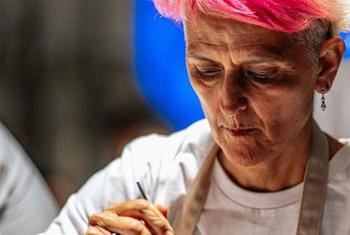 Cristina Bowerman, who is based in Rome, Italy. (FAO)
Cristina Bowerman, who is based in Rome, Italy. (FAO)
Through initiatives like “Adopt a Farmer” and the Chef’s Manifesto, she promotes responsible sourcing and zero-waste cooking. She also mentors future chefs and champions food as a tool for climate action, nutrition, and dignity across global agrifood systems.
Top Stories Today

